By Oluwayemisi Mafe
Photo of Film Co-op ED Tony Merzetti and member Yohann Kamto
13. What film projects are you currently working on? What stories are you most excited to tell right now?
Yohann: Currently, I’m editing the 10-minute film I shot last month. It’s about a serial killer finding love. It’s bloody, but primarily focused on the romance and comedy aspects. My main character is at odds with society, and although he may be different, he seeks a partner for himself. That’s the story I’m most compelled to tell right now.
14. Looking back, is there a particular project you’re most proud of? What made it special to you?
Yohann: There are a couple of projects that I’m happy with to a certain degree, but I’m not fully proud of them. I’m hard on myself. They were good in the moment, they were okay. Every project is a pathway for me to improve; I continue moving forward.
15. How do you choose your themes or characters—what draws you to a story enough to dedicate months of your life to it?
Yohann: Usually, the story comes first to me, but it’s the characters that drive my story forward. I strive to create and develop characters who are charismatic, funny, or enigmatic. I like characters that keep you wondering why they do what they do. Their back story is essential.
16. Where do you see yourself in the next few years, creatively or career-wise? Are there any dream collaborators or goals on the horizon?
Yohann: Collaborators on the horizon, for sure. I always have big goals and strive for them, but I never know what the future holds. I want to be a writer, screenwriter, poet, and novelist. Currently, my focus is on screenwriting. I would also like to stay involved in film in any capacity and get paid for it. I would also love to get some more film projects of my own out there. I’m writing a couple of stories and poems that I would like to get published or turned into films.
17. What role do you think young creatives like yourself play in shaping the future of film in New Brunswick and beyond?
Yohann: New Brunswick is impressive compared to other provinces. The young people who are here are the future of the province. The way our mentors taught us about creativity and film has a substantial impact on what we’re doing. I think we have great people willing to help us out, and we are fortunate. The NB Film Co-op is always there for me, guiding and helping me to succeed.
18. If you could write a letter to your younger creative self, what would it say?
Yohann: I firmly believed that the path I took helped my creativity. It may take longer to get to where I need to go, and that’s okay. Those years were necessary in my creative journey. I would say to my younger self, “Don’t rush.” I’m a very impatient person. I don’t like to wait, I want to do it when I want to do it. “Take your time, learn as much as you can. Take more classes.”

